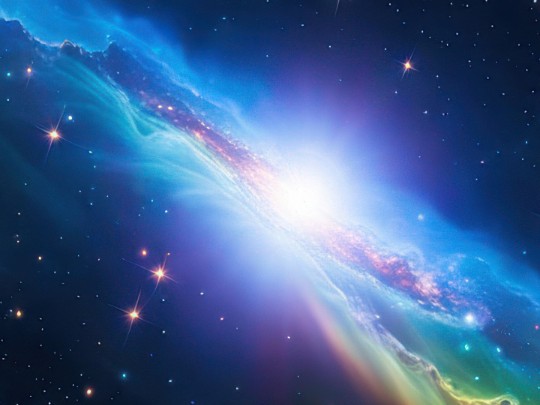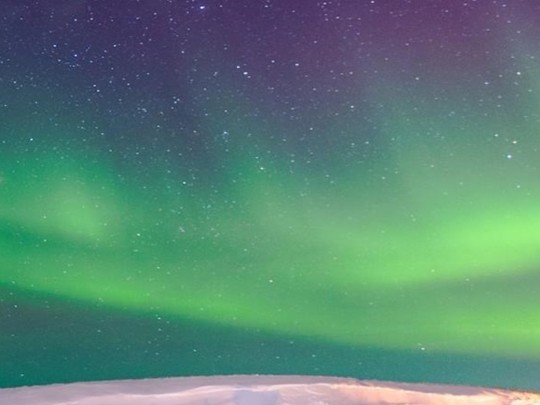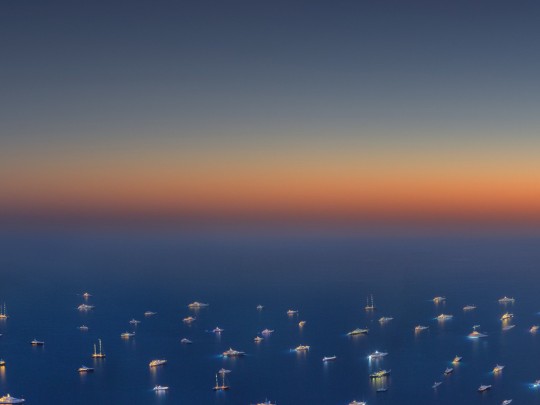Cosmic Wonders: Exploring the Breathtaking Beauty of Nebulas and Brilliant Stars

Prepare to be mesmerized as we journey into the heart of the universe, a boundless expanse painted with the vibrant hues of stars and celestial light. Among its most captivating wonders are nebulae – colossal clouds of gas and dust, often illuminated by the birth of newborn stars. These interstellar nurseries aren't just visually stunning; they are vital cradles of star formation, where gravity relentlessly pulls material together to ignite the fiery hearts of new suns.
Imagine a cosmic tapestry woven with dazzling shades of crimson, azure, and emerald, all radiating from the ionized gases within a nebula. These breathtaking colors are dictated by the elements present – hydrogen, helium, oxygen, and more – each emitting light at specific wavelengths. The interplay of these elements creates a dazzling display, revealing the complex chemical composition of these cosmic clouds.
The Science Behind the Spectacle
Nebulae are formed through various processes. Some are remnants of dying stars, their outer layers gently expelled into space (planetary nebulae). Others are regions where new stars are actively being born (star-forming nebulae). Still others are simply vast clouds of gas and dust scattered throughout the galaxy.
The light emitted by nebulae isn't just from the elements themselves. It's also reflected light from nearby stars, adding another layer of complexity and beauty to the scene. The Hubble Space Telescope, with its unparalleled ability to capture high-resolution images, has provided us with some of the most awe-inspiring views of nebulae ever seen, revealing intricate details and vibrant colors that were previously hidden.
Famous Nebulae to Explore
Let's take a look at a few of the most famous and beautiful nebulae:
- The Orion Nebula (M42): A relatively close and easily observable nebula, famous for its vibrant colors and active star formation.
- The Eagle Nebula (M16): Home to the iconic “Pillars of Creation,” towering columns of gas and dust where new stars are being born.
- The Crab Nebula (M1): The remnant of a supernova explosion, a rapidly expanding cloud of gas and debris.
- The Horsehead Nebula (Barnard 33): A dark nebula shaped like a horse's head, silhouetted against a bright emission nebula.
Beyond the Visual: The Importance of Nebulae
Nebulae are not just beautiful objects to admire; they play a crucial role in the evolution of the universe. They are the birthplaces of stars, the recycling grounds for stellar material, and the laboratories where new elements are forged. By studying nebulae, we gain a deeper understanding of the processes that shape our galaxy and the universe beyond.
So, the next time you gaze up at the night sky, remember the cosmic wonders that lie hidden within the vast darkness – the breathtaking beauty of nebulae and the brilliant stars they create. They are a testament to the power, beauty, and mystery of the universe.






